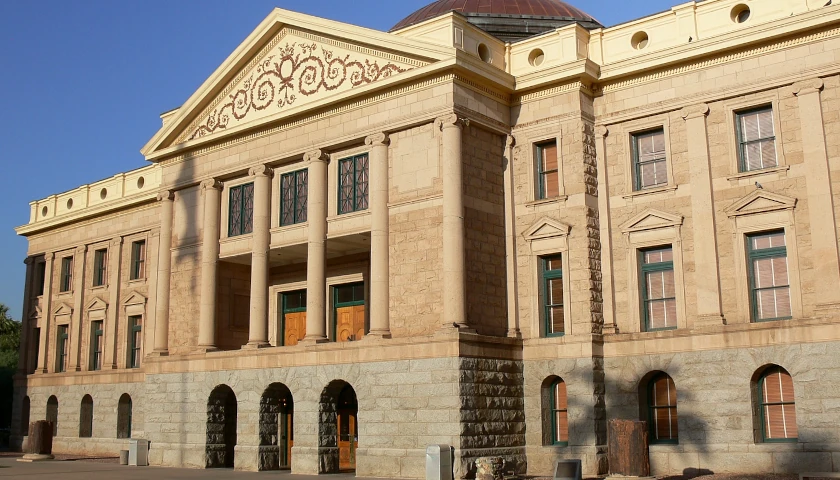In the wake of an investigation, Arizona Attorney General Mark Brnovich found an ordinance altering the city of Tucson’s fair housing policies to be unlawful in the state.
“Tucson’s ordinance restricting home sellers and renters from considering the source of income of interested individuals violates state law,” said Brnovich.
As reported by The Arizona Sun Times, Arizona State Representative Ben Toma (R-Peoria) requested the investigation from Brnovich’s office in November through a 1487 Complaint. The issue stemmed from Ordinance Number 11959, which the Tucson City Council passed in September. The ordinance updated Tucson City Code § 17-52, which deals with fair housing, to add “source of income” to the list of things a potential property renter cannot discriminate against someone based on. City Councilman Steve Kozachik explained that the ordinance’s purpose was to ensure people would not be turned away from living where they want because they are on a voucher program. Toma alleged that the city violated Arizona law with the ordinance and threatened the constitutional right of property owners.
Following Toma’s complaint, the city responded by saying Tucson is facing a housing crisis that began in 2017. Principal Assistant City Attorney, Jennifer Bonham, said that the source of income protections is something local jurisdictions and the federal government have shown interest in as a way to increase housing choice voucher use. Bonham also wrote that Toma used “negative stereotyping” in his complaint, which “demonstrates why these anti-discrimination protections are needed.”
However, Brnovich’s investigation revealed that the state legislature of the early 90s decided to place three conditions on local authorities enacting a fair housing ordinance. First, the city or town adopting the ordinance must have had a population of 350,000 or more in the 1990 U.S. decennial census. The city must “adopt a fair housing ordinance no later than January 1, 1995.” Moreover, the ordinance must be equivalent to federal and state fair housing laws.
While Brnovich acknowledged that the city meets the first requirement, the second is harder to look past. Because of the 1995 deadline, Brnovich found that the ordinance was passed in violation of state law. Unless the legislature amends this law to allow cities to enact a fair housing ordinance past the deadline, Brnovich said the city could not create new classifications for housing discrimination.
Now, the city has 30 days to repeal the ordinance; otherwise, the state treasurer will be required to withhold state-shared monies from it.
In response to Brnovich’s investigation, Toma thanked him for upholding the law.
“I appreciate Attorney General Brnovich’s attention on this matter. We are all bound by the laws of this state and the Constitution. If we hold this expectation for our citizens, then we should do the same for the government. It’s really that simple,” Toma said. “Private citizens should never be forced by the government to do its bidding. Growing up in a communist-controlled country, where this was the norm, I know the terrible effects of these types of conscriptions all too well.”
House Speaker-elect @RepBenToma today responded to the AG’s report concluding that Tucson’s “fair housing” ordinance violates state law. The report was prompted by a 1487 complaint submitted by Toma in November.
READ HIS FULL STATEMENT👉https://t.co/MjXGJ3TJL6#AZLeg pic.twitter.com/rr9mmNBgiX
— Arizona House Republicans (@AZHouseGOP) December 22, 2022
He said the city to invest in building more housing to solve the crisis it faces.
According to 12 News, Tucson City Attorney Mike Rankin is evaluating Brnovich’s findings and will discuss it with the mayor and council “at the next available meeting.”
– – –
Neil Jones is a reporter for The Arizona Sun Times and The Star News Network. Follow Neil on Twitter. Email tips to [email protected].
Photo “Mark Brnovich” by Mark Brnovich.





